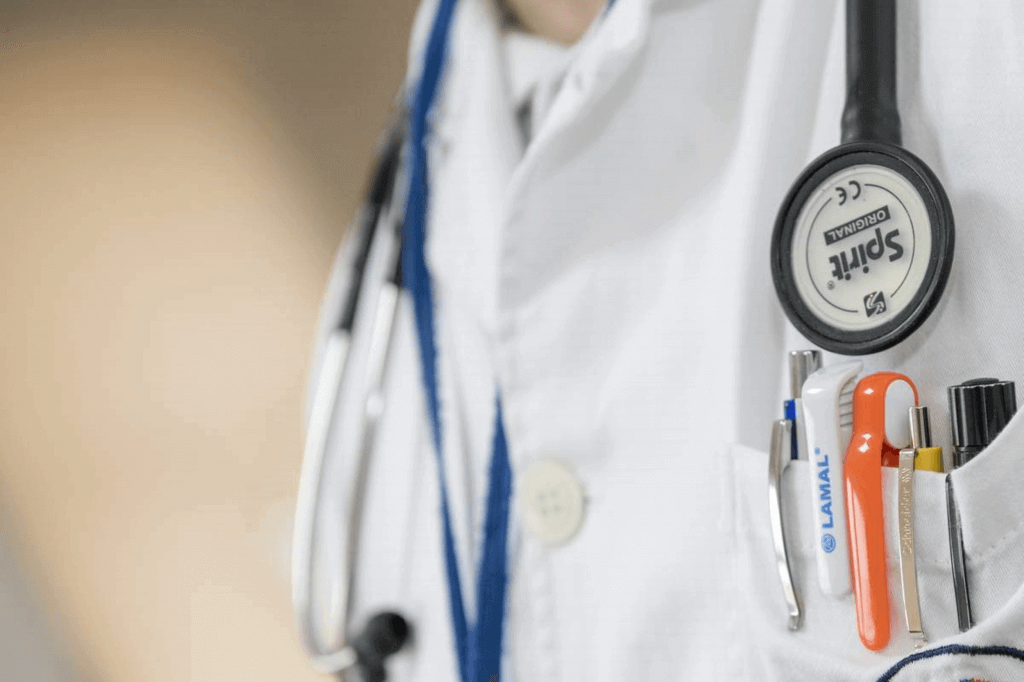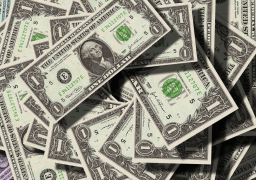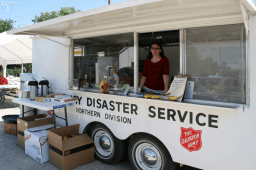National Women and Girls HIV/AIDS Awareness Day
National Women and Girls HIV/AIDS Awareness Day is observed next on Tuesday, March 10th, 2026 (84 days from today).
• How many days until National Women and Girls HIV/AIDS Awareness Day?

National Women's and Girls' HIV/AIDS Awareness Day is an annual celebration to make clear the impact of HIV/AIDS on women and girls. On March 10 every year, people and organizations come together to celebrate National Women's and Girls' HIV/AIDS Awareness Day to raise awareness and share information about the importance of HIV/AIDS prevention, care, and treatment.
Challenges Facing Women and Girls
In fact that people are more likely to have sex with partners of the same race/ethnicity Women have to face a higher risk of HIV infection each time they have new sex if they belongs to ethnicity living with HIV in African-American and Hispanic/Latino communities.
Because some women may not be aware of their male partner's HIV risk factors (such as injecting drugs or having sex with men), they may not use condoms. In a survey of the behavior of heterosexual women at higher risk of HIV infection, 92% of HIV-negative women reported having had vaginal sex without a condom during the year before and 25% reported having anal sex without a condom.
In general, sex is more risky than intersex. This means that women are at higher risk of contracting HIV during vaginal or anal sex than their sexual partners. The highest risk behavior for HIV transmission is anal sex. Some sexually transmitted diseases, such as gonorrhea and syphilis, greatly increase the chance of getting or transmitting HIV. Sexually risky behaviors such as exchanging sex for drugs, having multiple partners, or having sex without a condom.
The origin of National Women and Girls HIV/AIDS Awareness Day
Since 2005, March 10 is marked every year as National Women and Girls HIV/AIDS Awareness Day (NWGHAAD). The goal of National Women and Girls HIV/AIDS Awareness Day is to share the knowledge about the ways help women to protect both themselves and their partners from HIV. An awareness day sponsored by the Office for Women's Health (OWH), bringing together organizations and communities to help women and girls protect themselves from HIV through prevention, review testing and treatment.
According to the CDC, in 2016, more than 7,000 women were diagnosed with HIV. Black women are still affected by HIV more than women of other races/ethnicities. Nearly two-thirds of women diagnosed with HIV in 2016 were black.
Women account for 19 percent (7,529) of the 39,782 new HIV diagnoses in the United States. Heterosexuality accounts for 87 percent (6,541) of HIV diagnoses among women. Drug use accounts for 12 percent (939) of HIV diagnoses among all women. But among white women, 28% of HIV diagnoses are due to injecting drug use. Of all women diagnosed with HIV, 61% (4,560) were African-American, 19% (1,450) Caucasian, 16% (1,168) Hispanic. /Latina, and 5 percent (351) is different.
Signification of National Women and Girls HIV/AIDS Awareness Day
HIV and AIDS remain common public health problems, and women are still vulnerable — especially African-American and Hispanic women. Any woman having sex are possible to get HIV, in spite of race, ethnicity, age, or sexual orientation.
- 'Together to stop HIV'
A personal reflection from Caya Lewis, advisor to the secretary of science and public health, on her commitment to creating one. The generation without AIDS.
- 'Facing AIDS: NWGHAAD'
Many women are facing AIDS. They are mothers, daughters, sisters, partners, friends, co-workers.
- 'Raising HIV Awareness' (2013)
Linda Scruggs, a leader in HIV prevention, told some stories about some women in her family and the ways we can all support HIV awareness among women and girls.
What You Can Do
If you are a healthcare, you should have knowledge about how to talk to patients about their risks, and encourage patients diagnosed with HIV to adhere to treatment.
If you are living with HIV, talk to your doctor about ways to stay healthy and take prescribed medications to achieve and maintain an undetectable viral load.
If you have not been diagnosed with HIV and have an HIV-positive sex partner, talk to your doctor about taking pre-exposure prophylaxis (PrEP), a medication taken daily that can reduce more than 90% risk of HIV transmission. HIV infection from sex.
If you think you may have been exposed to HIV, see your doctor right away. How will your doctor decide what treatment you should get? Possibly post-exposure prophylaxis (PEP). PEP is an anti-HIV medicine that can reduce your chances of being diagnosed with HIV after you've been exposed to the virus.
Practice safe sex.
Talk about it. Get knowledge about HIV and share this important information with your family, friends and community. Get a free and confidential HIV test. To find a location, visit gettested.cdc.gov.
Protect yourself and your partner. Today, we have some powerful tools to prevent from HIV and help people with HIV can stay healthy. If you are living with HIV, start treatment as soon as possible after you are diagnosed. The most important thing you can do is take your HIV medicine exactly as prescribed by your doctor.
HIV medicine reduces the amount of virus (viral load) in your body, and taking it every day can make your viral load undetectable. If you go undetected, you can live a healthy life for many years, and there is really no risk of you sexually transmitting HIV to an undiagnosed partner. To make sure you don't go undetected, take your medication as prescribed and see your doctor regularly for viral load testing. If you're pregnant, taking HIV medications throughout your pregnancy can significantly reduce your baby's risk of getting HIV.
If you are sexually active or use injecting drugs, there are more tools than ever to prevent HIV:
- Use condoms every time you have sex. Learn how to use a male or female condom properly.
- If you are at high risk for HIV, take a daily medication to prevent HIV, called pre-exposure prophylaxis (PrEP).
- Talk to your doctor about post-exposure prophylaxis (PEP) if you think you have been exposed to HIV in the last 72 hours and are not using PrEP.
- Choose less risky sexual behaviors.
- Limit your number of sexual partners.
- Get tested and treated for other STIs.
- Never share needles or other equipment to inject drugs (that work).
- Must not abstain from sex (not having sex) and not using needles together are the only 100% effective ways to prevent HIV.
Observed
National Women and Girls HIV/AIDS Awareness Day has been observed annually on March 10th.Dates
Sunday, March 10th, 2024
Monday, March 10th, 2025
Tuesday, March 10th, 2026
Wednesday, March 10th, 2027
Friday, March 10th, 2028
Founded by
Office on Women's Health in 2006


